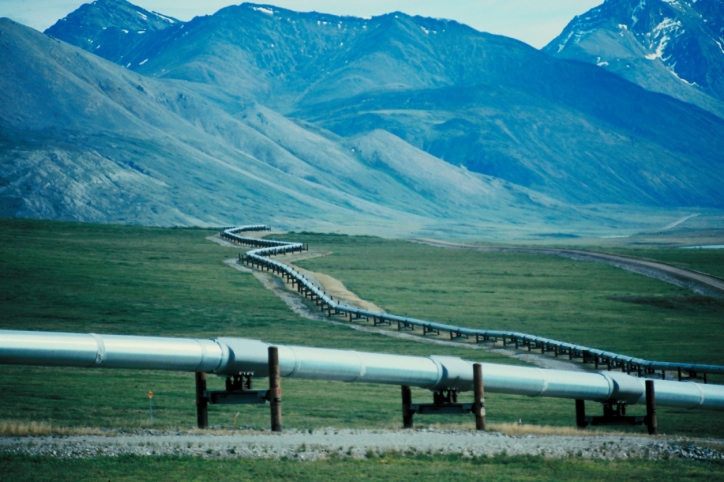What the Keystone XL Pipeline Won’t Change
September 16, 2013 by Paul Ausick
Current U.S. law prohibits the export of crude oil and it is highly unlikely that Congress will change that law, with or without the Keystone XL pipeline. Nor should the law change. U.S. crude exports would have virtually no impact on global oil markets, so there’s really no point to re-exporting crude. That doesn’t mean there won’t be some winners.
The major refiners along the Gulf Coast — BP plc (NYSE: BP), Exxon Mobil Corp. (NYSE: XOM), Royal Dutch Shell plc (NYSE: RDS-A), and Valero Corp. (NYSE: VLO) to name the largest — along with the pipeline’s owner, Transcanada Corp. (NYSE: TRP), stand to be the major beneficiaries. There is no law prohibiting the export of refined products, and U.S. exports would have to increase because U.S. consumption is falling and the prohibition against exporting crude means that if it’s not refined for export it might as well stay in Canada. The other winners would be the producers operating in the Canadian oil sands who will receive higher prices for their production.
Notice that U.S. drivers are not among the principal beneficiaries of the Keystone XL pipeline. Pump prices for refined products like gasoline and diesel fuel should become less volatile, but they won’t fall dramatically if the pipeline is built. As the American Automobile Association said Monday morning, U.S. gasoline prices look to be permanently stuck above $3.00 a gallon on average for the foreseeable future.
The U.S. already exported about 3.2 million barrels a day of refined products last year according to the U.S. Energy Information Administration. U.S. imports averaged 10.6 million barrels a day in 2012. Net imports from Canada make up 34% of U.S. imports, while Saudi Arabia accounts for another 18%. The other top five suppliers are Mexico, Venezuela, and Russia which combine to provide 28% of net U.S. imports. More than half the 1 million barrels a day of crude oil imported from Mexico is exported back to that country as refined products.
Net U.S. imports in the week ending September 6th totaled just 6.28 million barrels a day — 7.96 million barrels of crude imports less 1.68 million barrels of product exports. In the same week a year ago net U.S. imports totaled 7.93 million barrels and in 2011 the total was 8 million barrels.
The decline in U.S. consumption won’t be halted by the Keystone XL pipeline sending more crude oil to the Gulf Coast resulting ultimately in falling gasoline prices. Because the market for crude oil and refined products is global, lowering the flow through one spigot of the global bathtub full of oil only means than another country — China, India? — gets to open its spigot a little more.
Sponsored: Want to Retire Early? Here’s a Great First Step
Want retirement to come a few years earlier than you’d planned? Or are you ready to retire now, but want an extra set of eyes on your finances?
Now you can speak with up to 3 financial experts in your area for FREE. By simply clicking here you can begin to match with financial professionals who can help you build your plan to retire early. And the best part? The first conversation with them is free.
Click here to match with up to 3 financial pros who would be excited to help you make financial decisions.